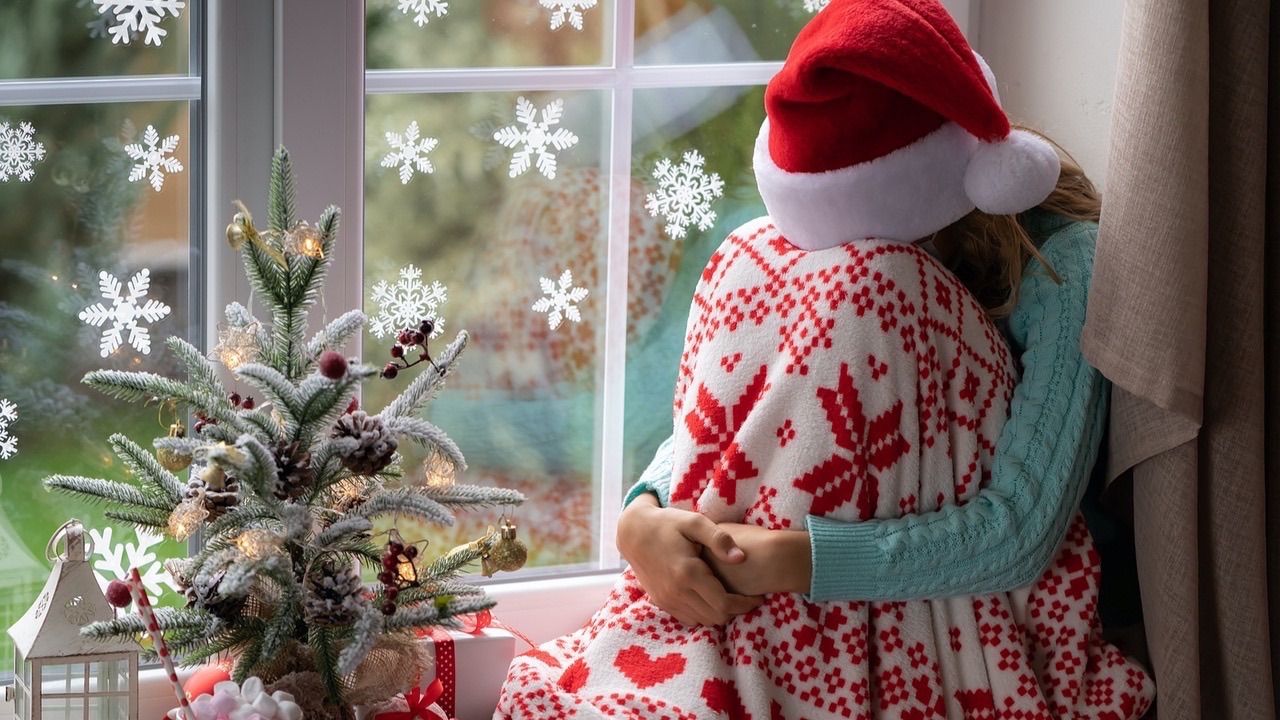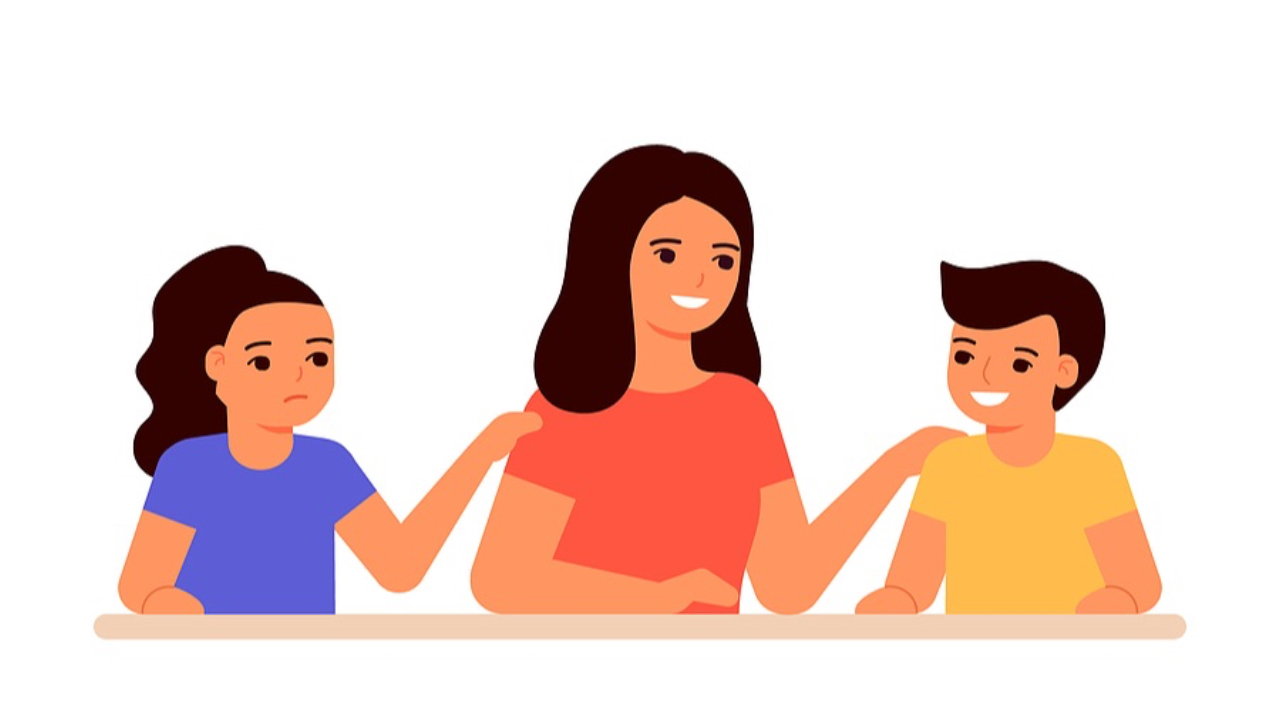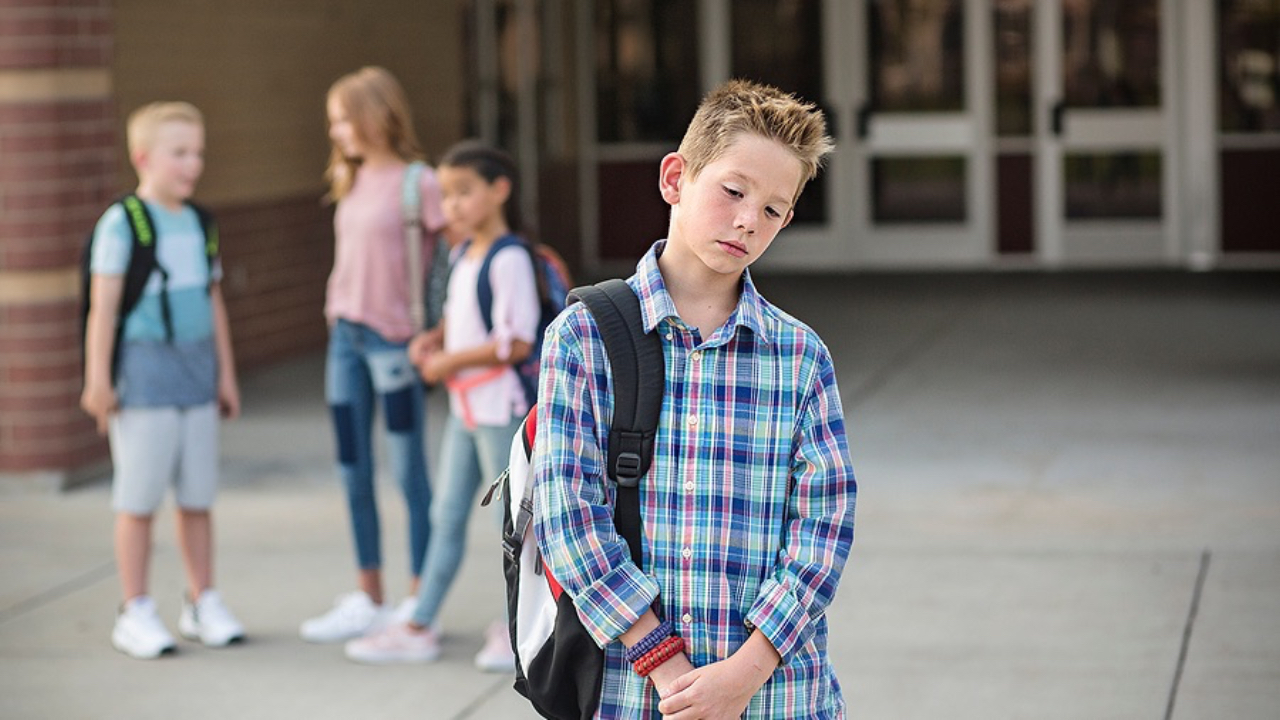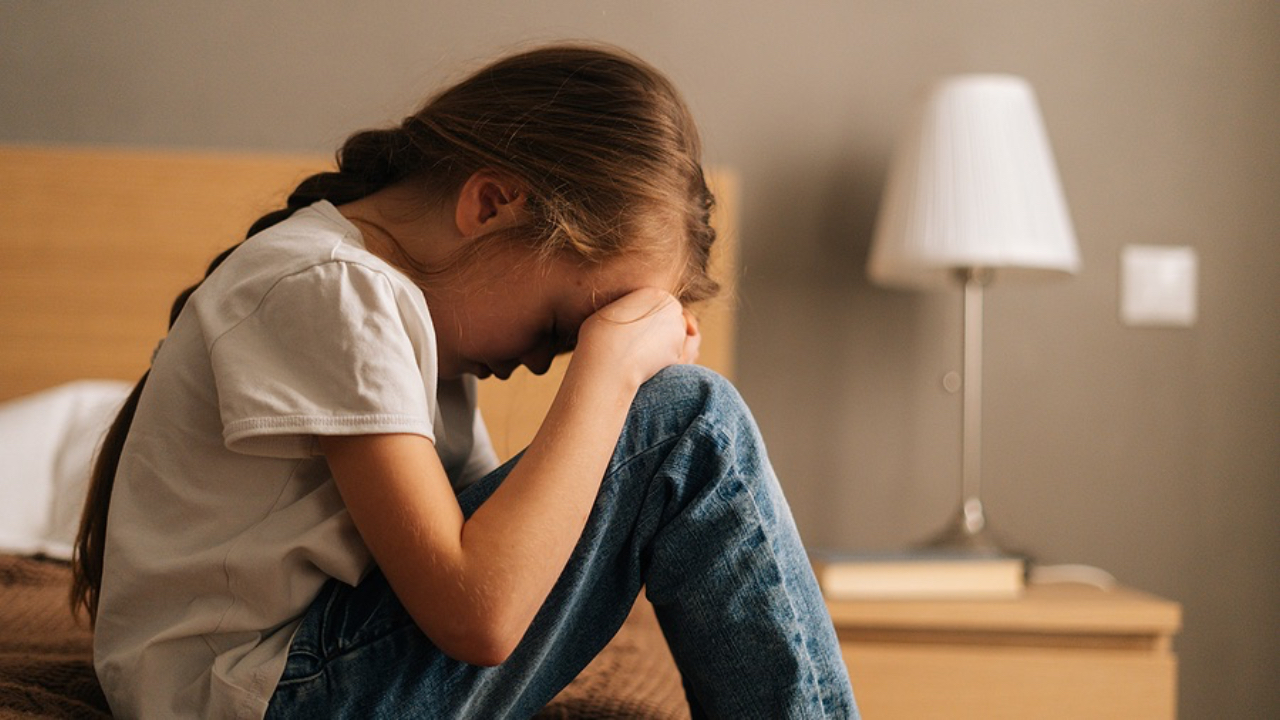How Anxiety Feels in your Child's Body
Sep 08, 2023
In my work as a child therapist, I've often witnessed the profound impact that anxiety can have on the young minds and bodies of children. It's so important for you as parents and caregivers to understand that anxiety isn't just a feeling – it's a physiological response that can trigger a cascade of changes in a child's body.
When a child becomes anxious, their body goes into 'fight, flight or freeze' mode, even if there's no immediate physical threat. This response is hardwired into our biology and is meant to protect us from danger. However, when it's triggered by non-threatening situations, it can be overwhelming for a child.
In today's video I explore all the changes that happen in a child's body when anxiety starts to build up and get stronger. I share a couple below, but to watch the video and learn about the other changes, just click below.
One of the first things that happen during anxiety is an increase in heart rate and blood pressure. This is the body's way of preparing to either confront the threat (fight) or escape from it (flight). Understanding this can help you recognise when your child is anxious, as you may observe increased restlessness or fidgeting. It's crucial to realise that your child isn't intentionally misbehaving; their body is simply reacting to perceived danger.
Additionally, anxiety can cause changes in a child's breathing pattern. Shallow and rapid breathing is common during anxious moments. This can lead to a feeling of breathlessness; 'butterflies in the stomach' and even panic attacks. When you are aware of these physical symptoms, you can offer calming strategies like deep breathing exercises or grounding techniques to help their child regain control over their breath and, in turn, their anxiety.
Understanding these physiological changes is vital for both parents and children. It helps children comprehend that what they're experiencing is a natural response, which can reduce feelings of shame or confusion.
For you as parents, it allows you to respond to your child's anxiety with empathy and support rather than frustration. By working together to recognise and manage these physiological changes, you can develop effective coping strategies to navigate anxiety and promote emotional well-being in your children.
I hope you find the video helpful.
Warmest wishes






